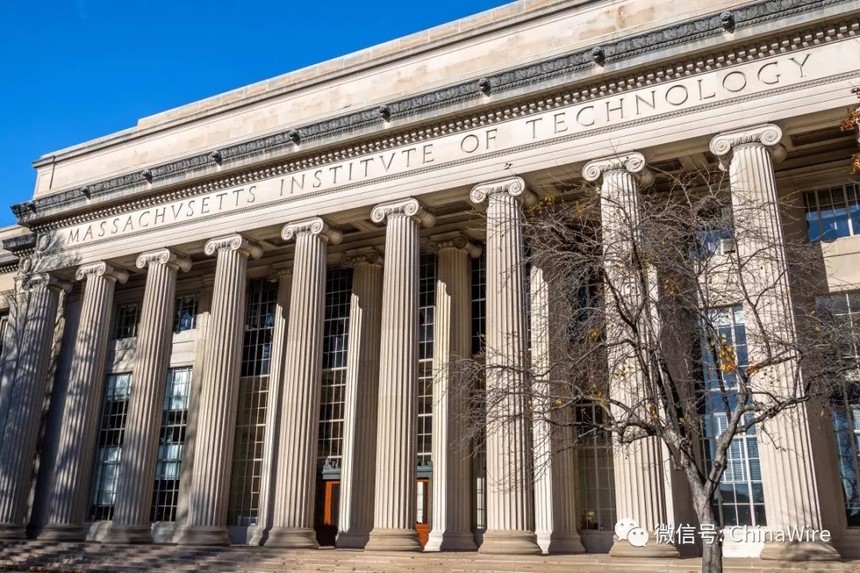|
MIT Cut Funding Ties with Huawei and ZTE Citing US Investigation
Massachusetts Institute of Technology is ending its funding ties with Chinese telecoms equipment makers Huawei and ZTE, citing the risks that such arrangements might cause in the light of US federal investigations of the two companies. The announcement by the prestigious academic institution – rated third in US News and World Report’s ranking of American universities – follows similar moves by Stanford University, University of California’s flagship Berkeley and University of Minnesota, which have all cut future research collaborations with Huawei. “At this time, based on this enhanced review, MIT is not accepting new engagements or renewing existing ones with Huawei and ZTE or their respective subsidiaries due to federal investigations regarding violations of sanction restrictions,” Richard Lester, MIT’s associate provost, and Maria Zuber, the school’s vice-president for research, said in a letter to faculty on Wednesday. MIT’s move is part of a broader effort to strengthen its vetting of research partners, which may affect relationships with other entities in mainland China, Hong Kong, Russia and Saudi Arabia. “Most recently we have determined that engagements with certain countries – currently China [including Hong Kong], Russia and Saudi Arabia – merit additional faculty and administrative review beyond the usual evaluations that all international projects receive,” the letter said. Queries sent to MIT outside regular business hours asking for details of research collaboration between the university and Huawei, ZTE or entities in the jurisdictions identified in the letter were not immediately answered. Huawei did not immediately reply to a request for comment and ZTE declined to comment. MIT is cited in a 2017 Huawei presentation as a collaborator in the Huawei Innovation Research Programme (HIRP), which the company calls a global initiative “to identify and support world-class, full-time faculty members pursuing innovation of mutual interest”. Emails and phone calls to MIT over the past two months, asking specifically about the university’s involvement in HIRP and its relationship with Huawei, have not been answered. Huawei has been making headlines recently owing to Canada’s arrest of Sabrina Meng Wanzhou, its chief financial officer and the daughter of company founder Ren Zhengfei, at Washington’s request. An extradition hearing is under way. In the US, Meng and the company face a number of criminal charges, including bank fraud and theft of technology. A year ago, the US Department of Commerce activated a seven-year exports ban on ZTE, denying the Chinese company access to vital US components and services for its smartphones and telecommunications gear, after accusations that the company covered up its sales to Iran, in violation of US sanctions against that country. Several months later, the company agreed to pay more than US$1 billion to the US commerce department and penalise the workers involved. Xu Ziyang, who had been the president of ZTE’s Telecom Cloud and Core Network product line, was named as the new chief executive, clearing the way for a green light from US authorities to resume business. Still, Huawei and ZTE face continued pressure from US lawmakers, who allege that the equipment they sell – key components in mobile phone network infrastructure – could become cybersecurity threats. TheProtect Our Universities Act, introduced last month by Representative Jim Banks, an Indiana Republican, would establish a task force, led by the US Department of Education, to maintain a list of “sensitive” research projects, including those financed by the defence and energy departments and US intelligence agencies. The proposed body would monitor foreign student participation in those projects. Students with past or current Chinese citizenship would not be allowed access to the projects without a waiver from the director of national intelligence. The Act also calls for the intelligence director to create a list of foreign entities that “pose a threat of espionage with respect to sensitive research”, and stipulates that Huawei and ZTE be included. |


